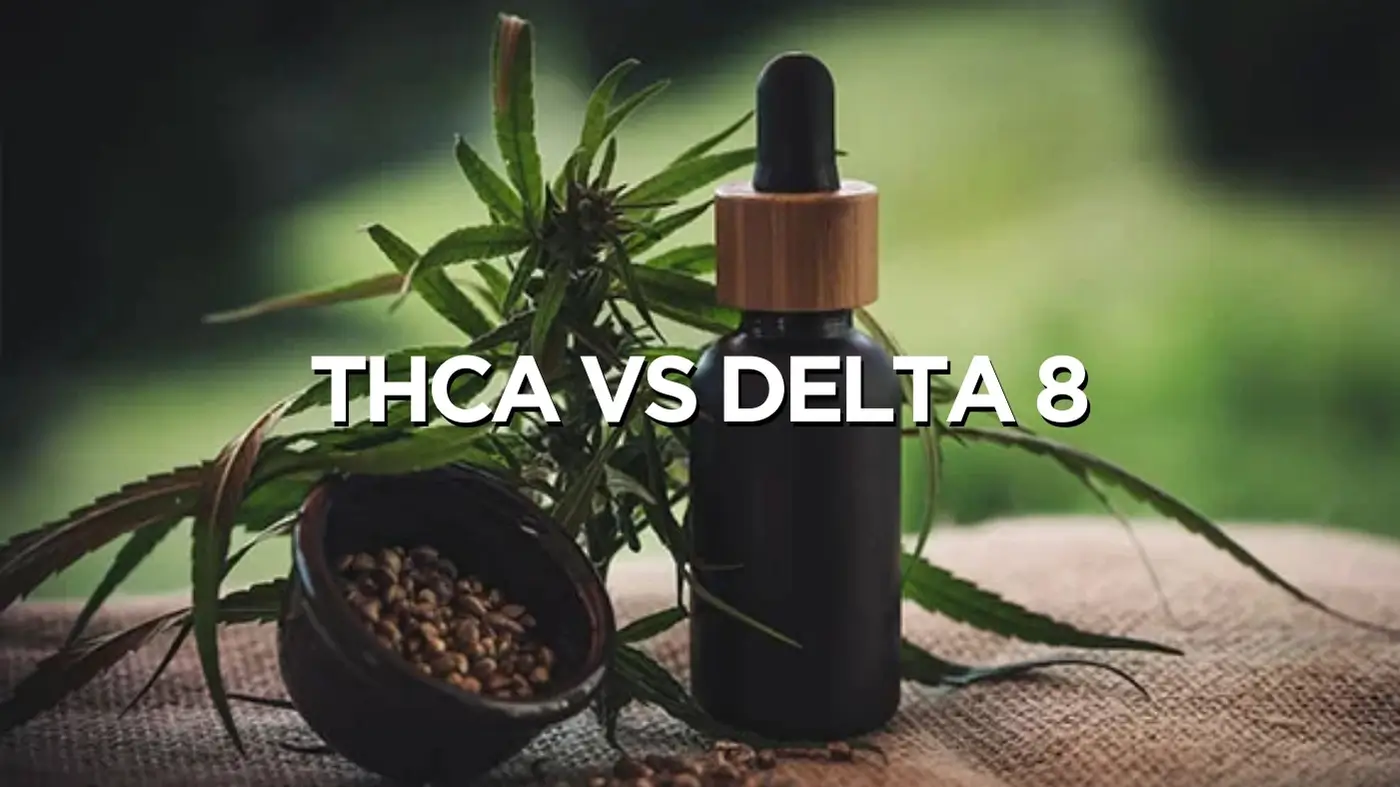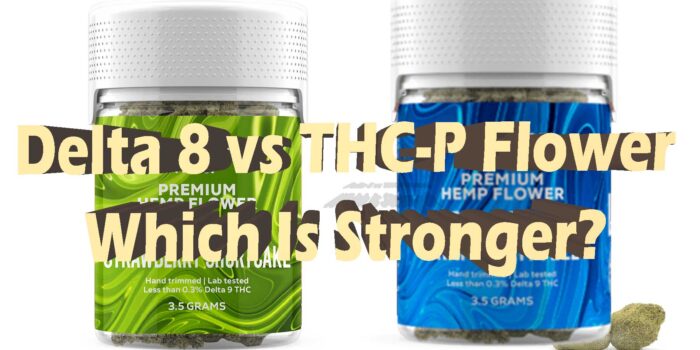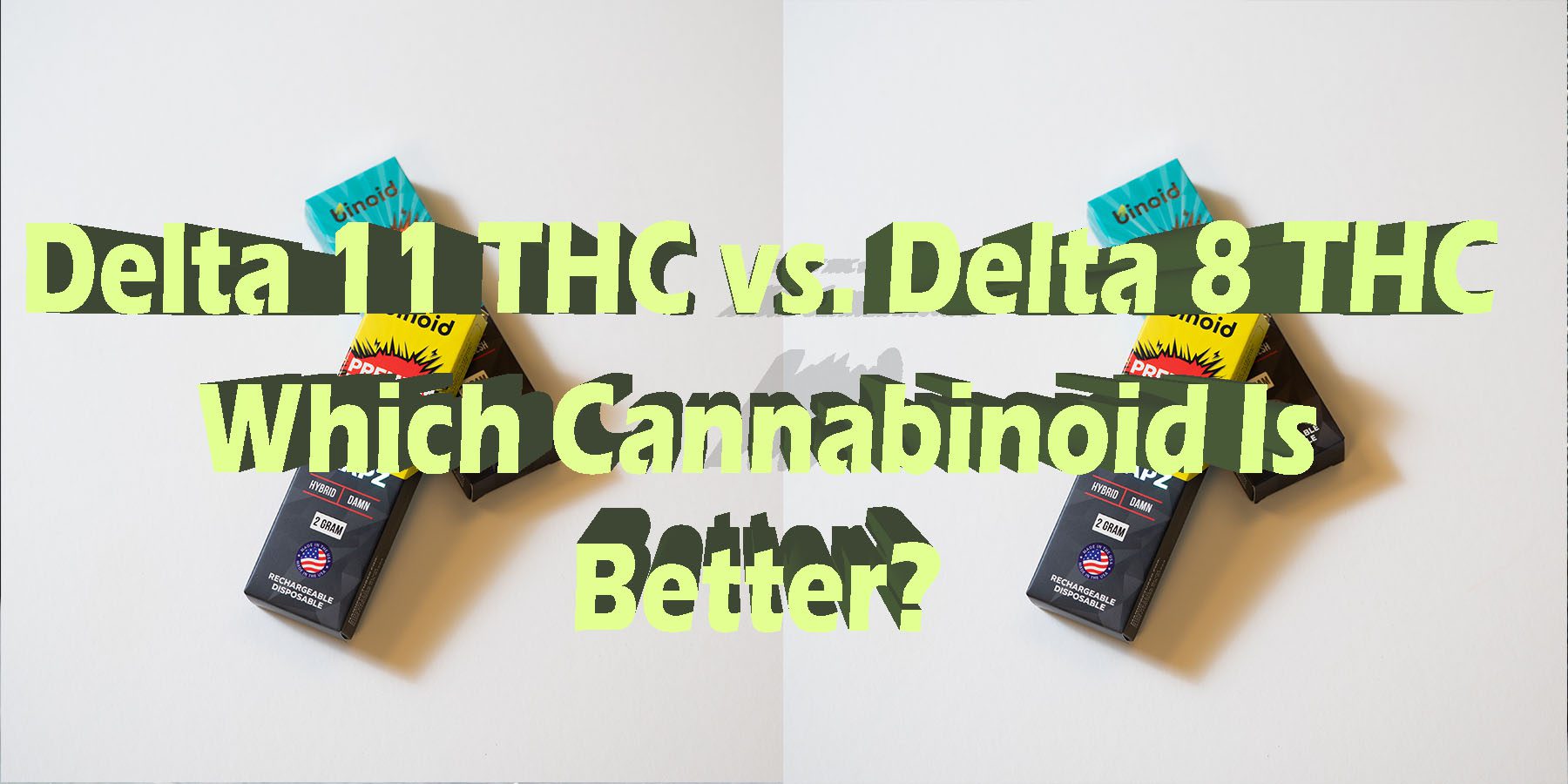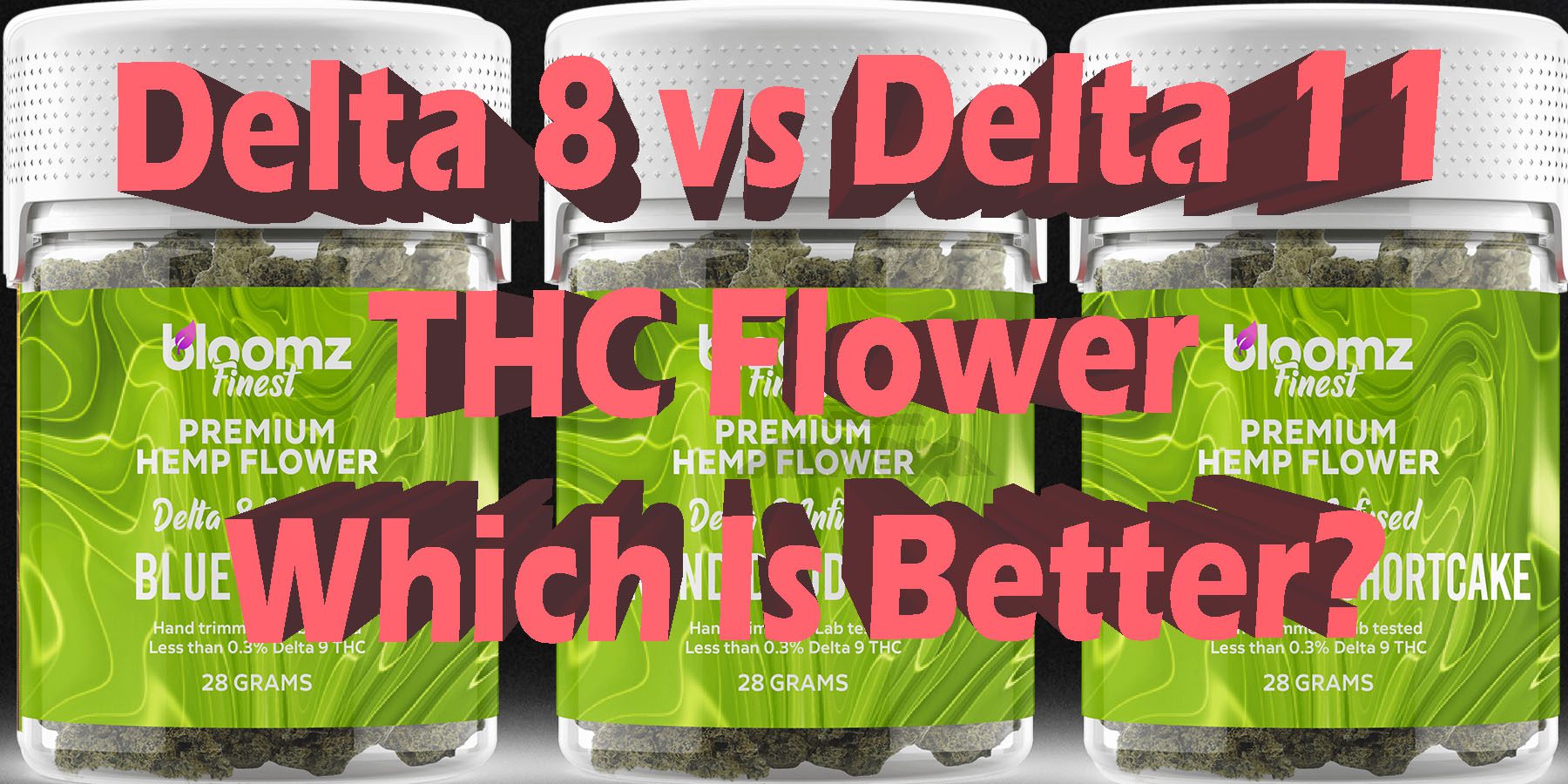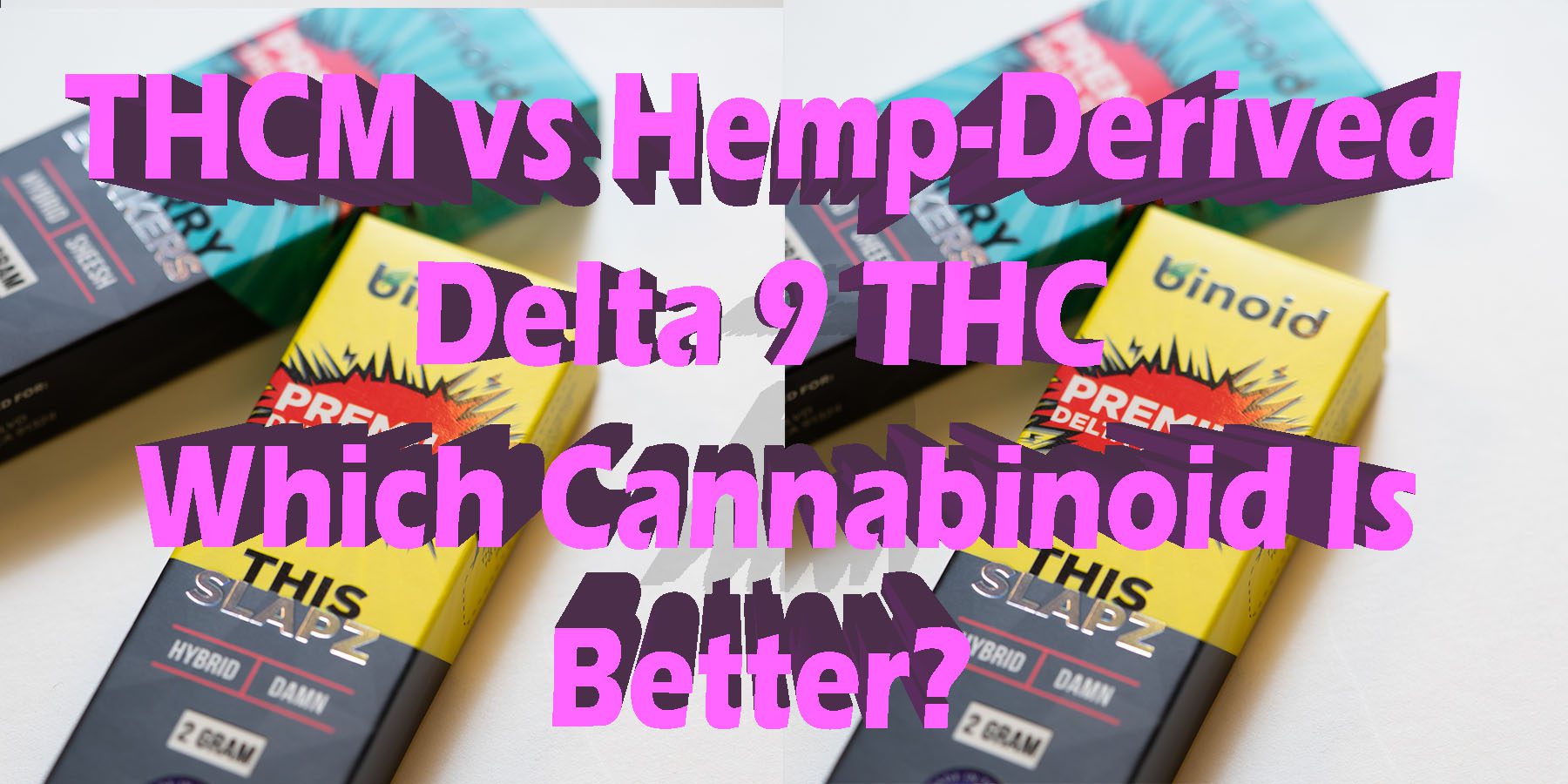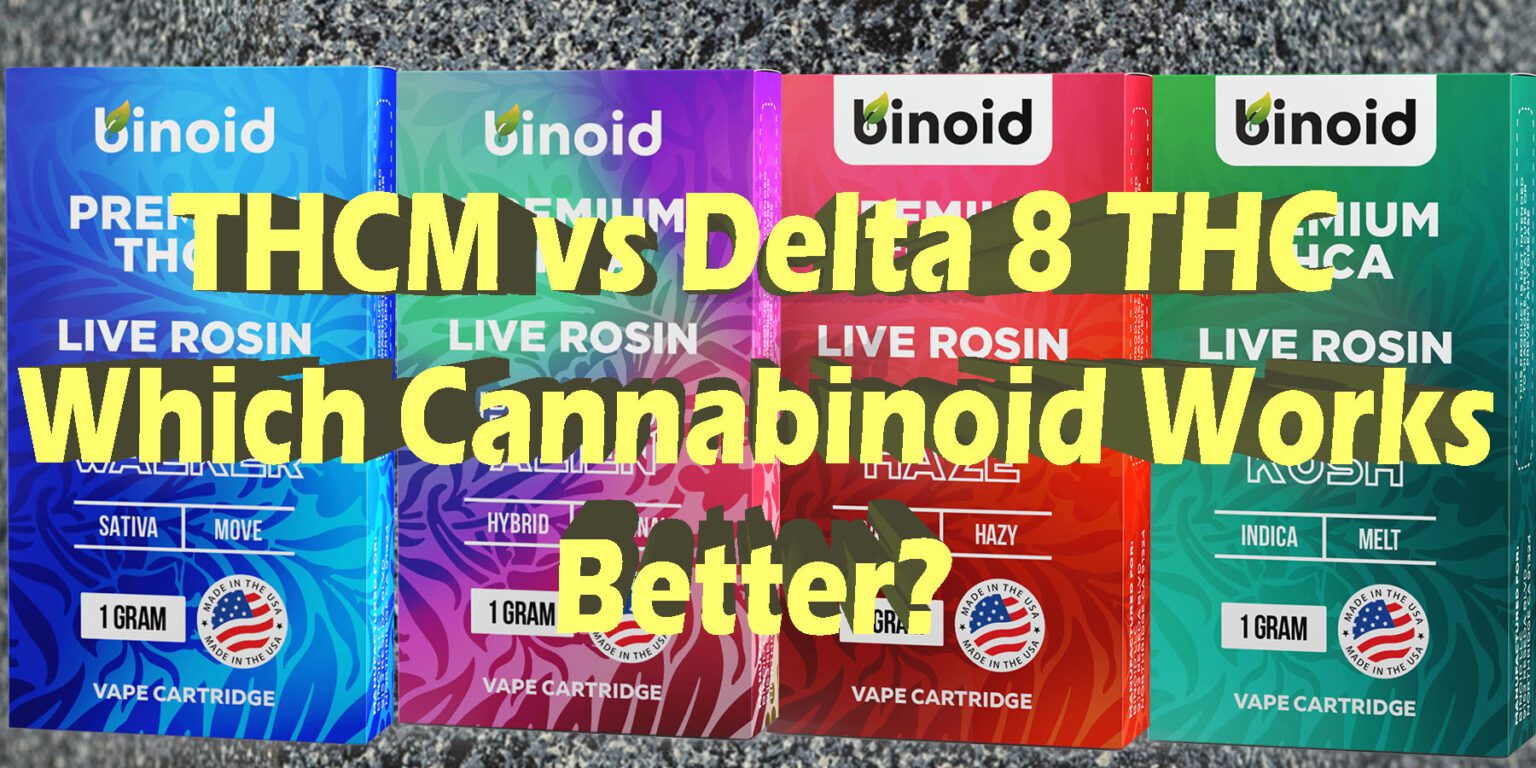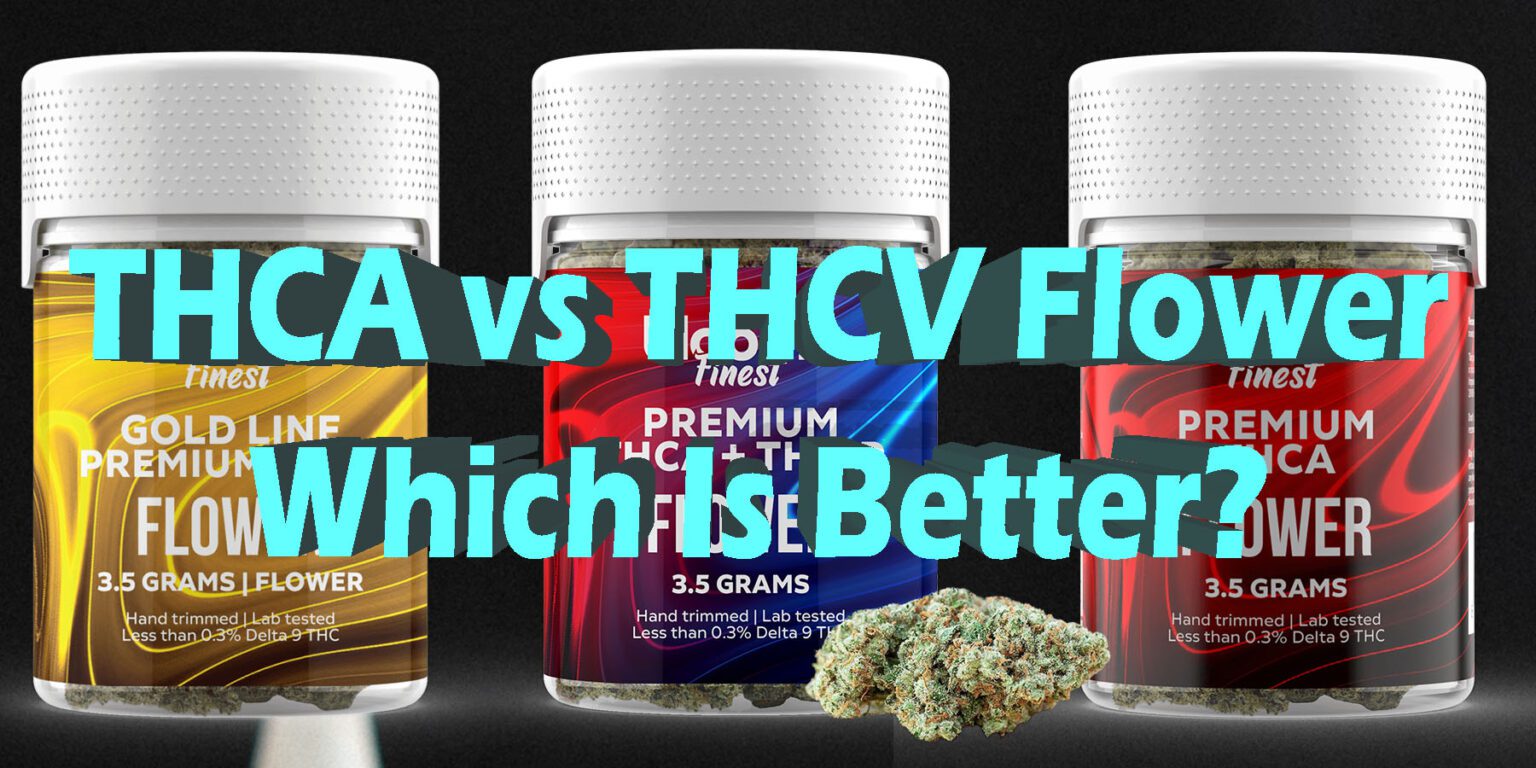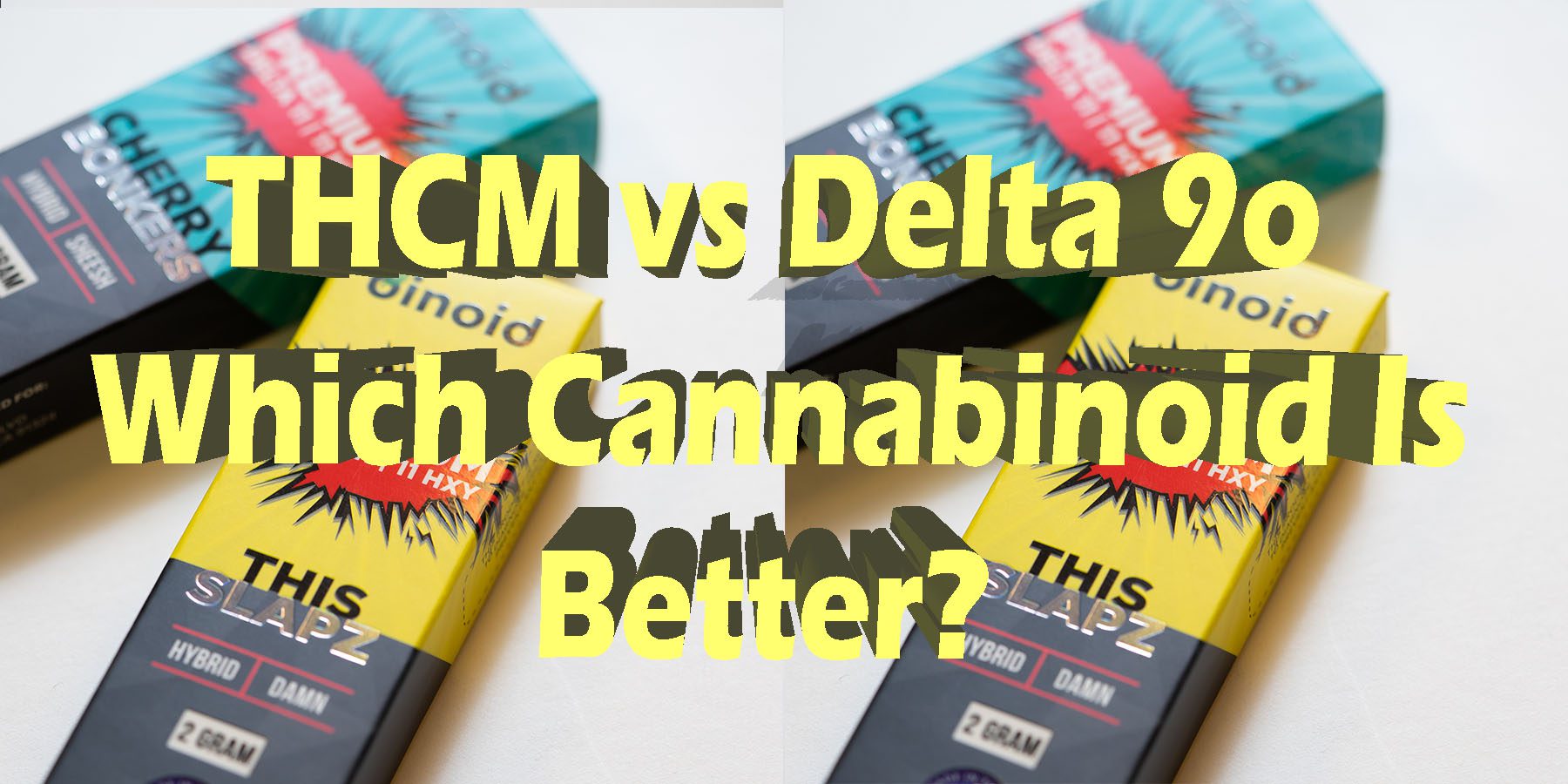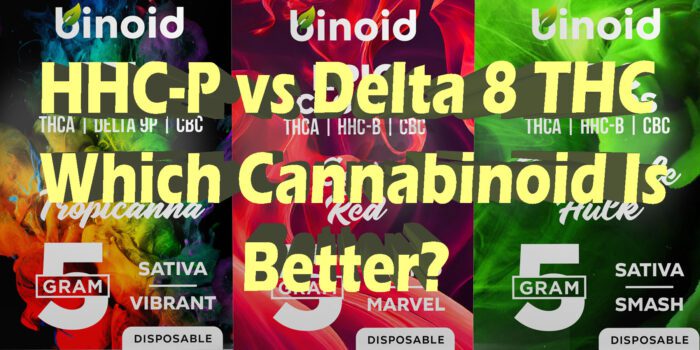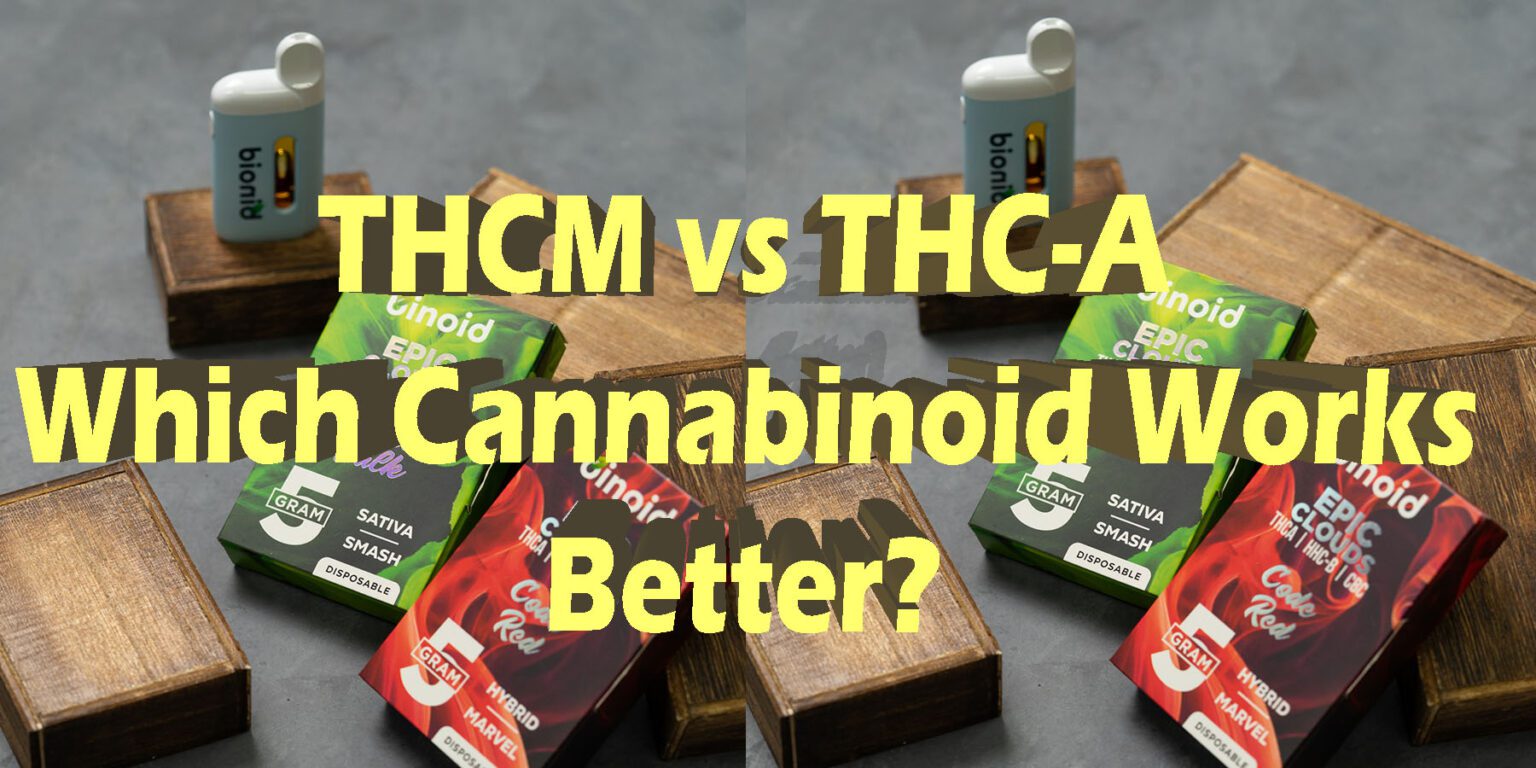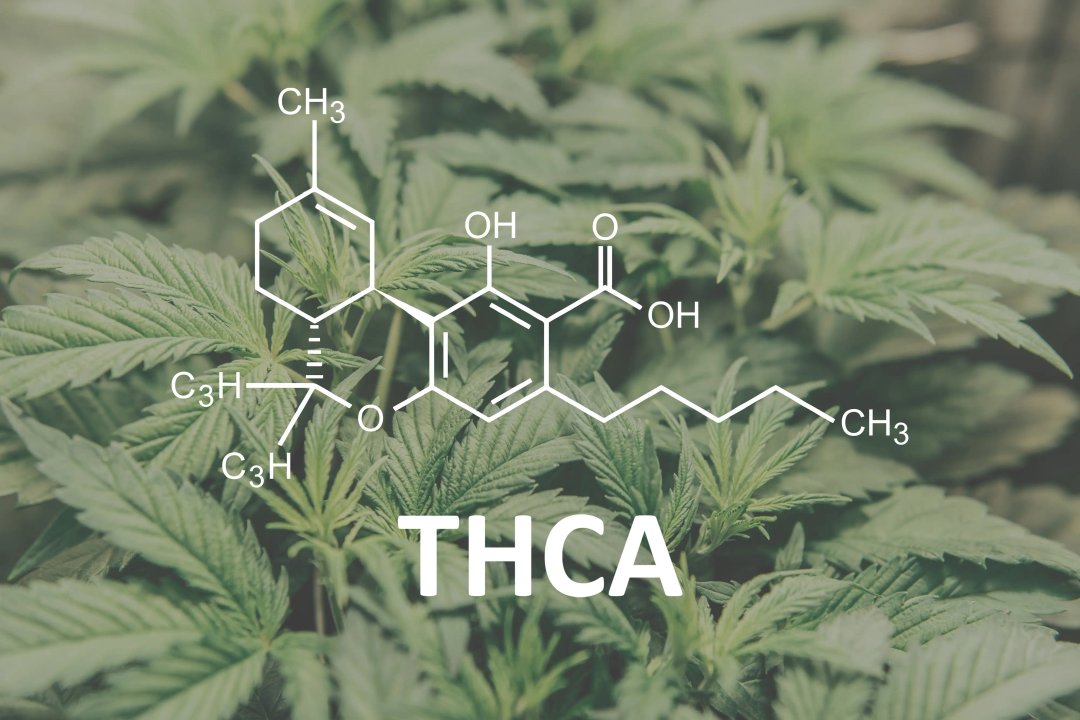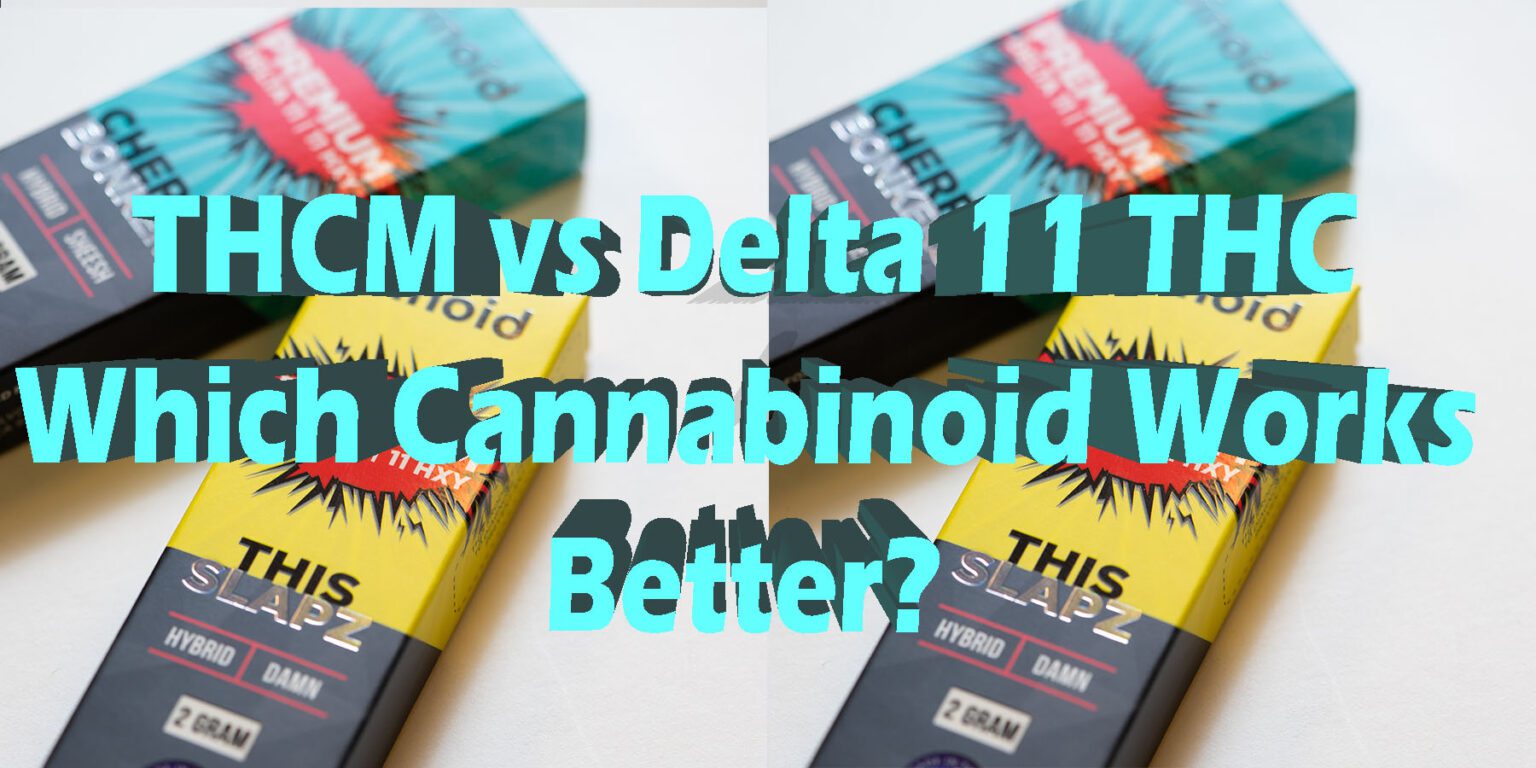Is Delta 8 Or Thca Stronger
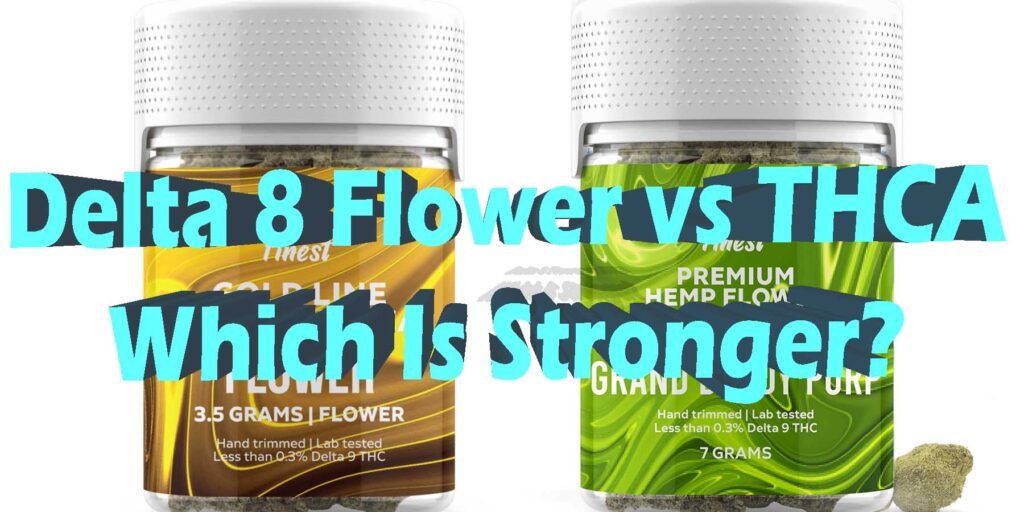
Consumers are increasingly confused about the potency of Delta 8 THC and THCA. A surge in unregulated cannabis products demands immediate clarification on which compound delivers a stronger psychoactive effect.
Delta 8 vs. THCA: Understanding the Potency Puzzle
This article cuts through the misinformation surrounding Delta 8 and THCA. We will deliver confirmed facts regarding their chemical structures, effects, and legal statuses.
What is Delta 8 THC?
Delta 8 THC is a naturally occurring cannabinoid found in small amounts in the cannabis plant. It is an isomer of Delta 9 THC, the primary psychoactive component of cannabis, but with a slightly different molecular structure.
This subtle difference results in a reportedly milder high, often described as less anxious and more relaxing compared to Delta 9 THC.
What is THCA?
THCA (Tetrahydrocannabinolic Acid) is the non-psychoactive precursor to Delta 9 THC found in raw cannabis. It only becomes psychoactive through decarboxylation, typically by heating, which converts THCA into Delta 9 THC.
Without heat, THCA has distinct therapeutic potential but doesn't induce a "high".
The Potency Showdown: Which is Stronger?
Direct comparison of Delta 8 and THCA in their raw forms is misleading.
THCA itself is not psychoactive. Its potential strength lies in its conversion to Delta 9 THC, whereas Delta 8 has inherent psychoactive properties, albeit milder.
The Decarboxylation Factor
Heating THCA transforms it into Delta 9 THC. The potency then hinges on the original THCA content and the efficiency of the decarboxylation process.
A high concentration of THCA effectively decarboxylated can result in a significantly stronger experience than Delta 8.
Delta 8: A Milder High
Delta 8's psychoactive effects are generally reported to be roughly half as potent as Delta 9 THC. Consumers often seek Delta 8 for its less intense effects and reduced anxiety compared to traditional cannabis.
However, potency can vary depending on product quality and individual tolerance.
Legal Landscape and Accessibility
The legal status of both Delta 8 and THCA products is complex and varies by jurisdiction. Delta 8 often exists in a legal gray area due to its extraction from hemp, legalized under the 2018 Farm Bill, but is facing increasing restrictions in several states.
THCA flower and products are generally sold legally in areas where cannabis is legal or where laws allow the sale of hemp products containing less than 0.3% Delta 9 THC by dry weight.
Who is affected?
Consumers, retailers, and lawmakers are all affected. This confusion leads to potential mislabeling, accidental overconsumption, and legal challenges. Regulators are struggling to keep up with the rapid proliferation of these cannabis-derived products.
Where are these products sold?
Delta 8 and THCA products are found in various locations, including convenience stores, vape shops, and online retailers. In states with legal cannabis, they are sold in licensed dispensaries.
When did this issue become prominent?
The issue gained prominence in recent years due to the rise of hemp-derived cannabinoids. This rise has been fueled by the desire for accessible alternatives to traditional cannabis.
The Bottom Line: Informed Consumption is Key
THCA, when decarboxylated, *can* be significantly stronger than Delta 8. Delta 8 provides a milder, less intense experience.
Consumers must exercise caution and seek verifiable lab reports to ensure product quality and potency.
Next Steps
Consumers should consult with healthcare professionals before using Delta 8 or THCA. Ongoing research and regulatory updates are crucial to understanding the full scope of these cannabinoids.
Stay informed by checking reputable sources for the latest news and scientific findings.
